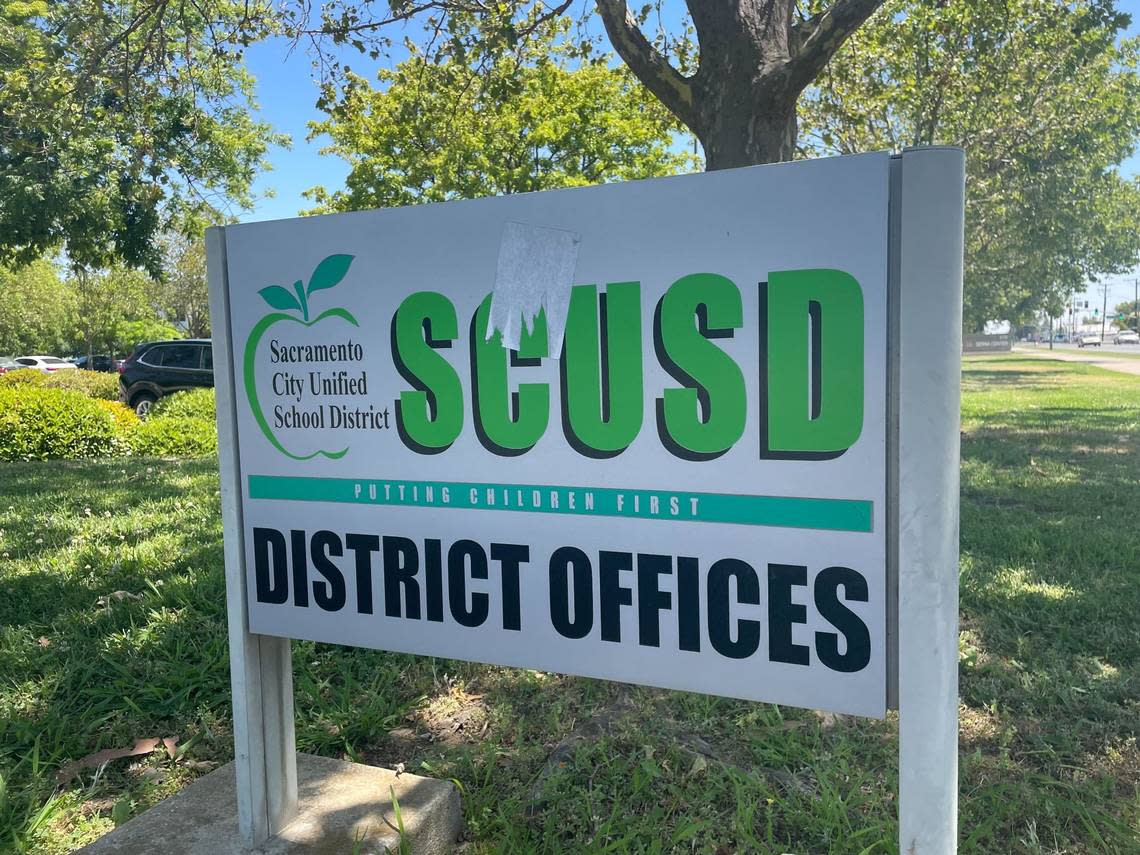Sacramento City Unified is ‘failing its most vulnerable students,’ grand jury report says

A scathing grand jury report released Monday criticized Sacramento City Unified School District’s special education department, saying that it “continues to utterly fail its most vulnerable students.”
The results of the Sacramento grand jury’s eight-month investigation show that the district does not meet the needs of its students with learning, physical and behavioral disabilities despite receiving recommendations for improvement from national, state and local education experts. The problems with special ed in the district are concentrated in three areas: lack of early intervention programs, disproportionate racial makeup of special ed students and failure to follow Individualized Education Plan (IEP) requirements.
The report states that the district fails to provide early intervention services that could prevent students from entering the special ed program altogether, instead “funneling students with learning challenges into often-isolated special ed programs.” The gold standard for special ed programs is to provide students with a least restrictive environment, meaning that they participate in classes with their peers in general ed as much as possible.
Sacramento City Unified has been met with harsh criticism of its special ed program for nearly a decade. The district started to receive letters from education experts in 2017 with recommendations on how to improve the program. Two years later, the Black Parallel School Board (BPSB) alongside three students sued the district on behalf of all students with disabilities on issues including the racial segregation of special ed students and failure to provide necessary services and support. The two parties settled the case in 2023 on the condition that the district abide by a BPSB-recommended action plan.
“The grand jury found over the past seven years SCUSD received reports with specific recommendations for best practices in special education services,” grand jury Foreperson Rick Caruso said. “Incredibly, there’s no plan for the more than 7,000 special education students in the district. Both the board and the administration seem content to ignore these students and their parents.”
The grand jury report makes 13 recommendations for the school district in an effort to ensure change and accountability. These include developing and adopting a comprehensive special ed plan by February, taking corrective action to reduce the number of students of color in special ed programs, mandating professional development for teachers and identifying a point of contact for parents of special ed students at each school site.
The district has 90 days to respond to the letter from the grand jury, but said in a late Monday statement that the report “is a sobering reminder that our students and families deserve better and we must do better by them.”
“As uncomfortably difficult as it is to read, the report ... identified accurate shortcomings with regard to SCUSD’s past practices in special education,” district officials said. “The notion that we are failing to provide appropriate educational services to our most vulnerable students and those with disabilities is unacceptable to every educator and administrator in Sacramento City Unified.”
The board also acknowledged the report’s conclusions, said Lavinia Phillips, its president.
“The findings, related concerns, and recommendations provided by the grand jury will be reviewed and responded to with the focus on our most important constituents: students, and our most important goal: improving their outcomes,” she said in the district’s statement.
Special education at Sacramento City Unified has known issues
Sacramento City Unified is reportedly infamous for its negligent special ed programming.
The district received a letter from the state Department of Education in April that not only reprimanded the district for not being in compliance with federal and state disability education laws, but for being unresponsive to 40 emails and 22 phone calls requesting district officials turn in state required documentation regarding its special education program.
At a May board meeting discussing the letter from the state, Board of Education member Taylor Kayatta said that “people don’t normally write letters like this unless things are f---ed up, and they are in our district, and they have been for way too long.” Kayatta, who is a parent of a child in special ed, went on to say that he advises parents sue the district to get the services they need for their children.
“To every single parent that comes to me I say, ‘You know what? Don’t trust anyone in this district to help your kids with special ed needs,’” he said. “Sue them immediately and fast, because that’s the only way they’re going to take you seriously.”
In a public comment in the same meeting, West Campus High student Justine Chueh-Griffith addressed the board, speaking about Rosa Park Middle School’s failure to provide her brother with the one-on-one aid required in his IEP for most of the school year. She spoke about how her parents routinely had to attend school with their son to provide him the help he should have received from a staff member.
“If I did not have a stable teacher for the entire school year, it would be a number one priority at my school site to get me a teacher,” she said. “However, when the same is essentially true for my brother nothing is done without strong parent intervention.”
Chueh-Griffith also spoke of a lack of interaction between general and special ed students across school sites, fostering negativity and division on campus.
“I’ve witnessed students using terms like ‘sped’ or the R-slur as insults daily on my own campus,” she said. “I believe this is a direct result of the lack of interaction between special ed and general ed students.”

